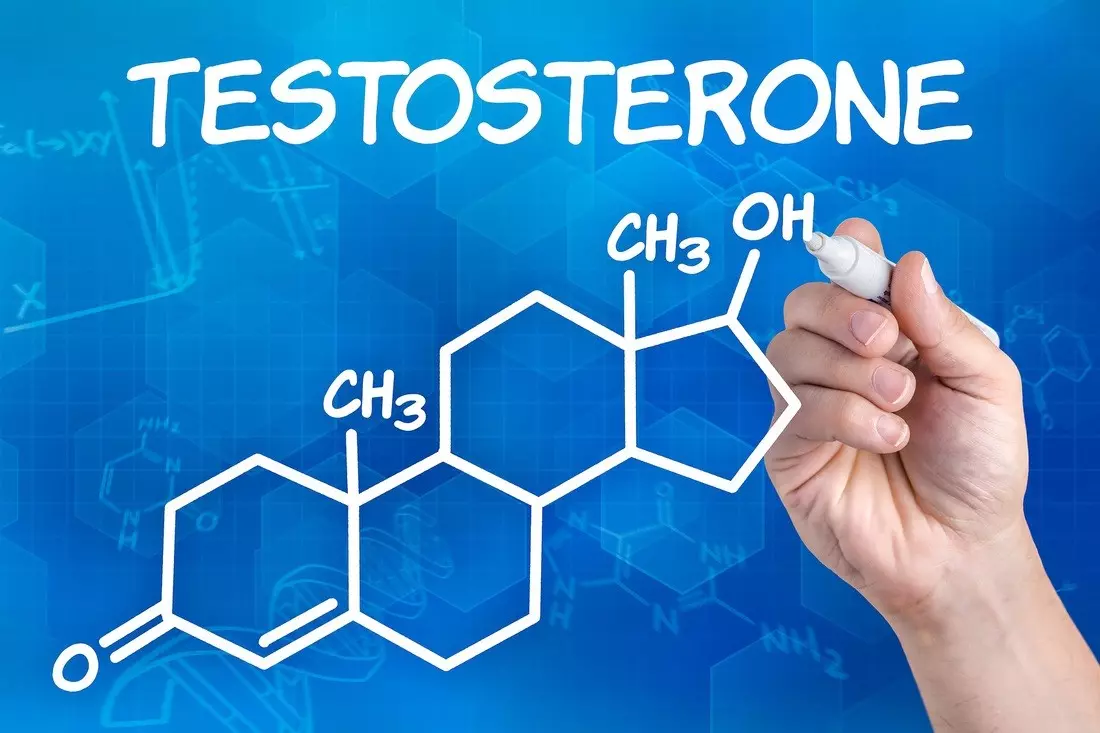Testosterone Replacement Therapy (TRT) is a medical intervention designed to treat symptoms associated with low testosterone levels in men. As men age, it’s common for testosterone levels to decline, leading to a range of physical and psychological issues. TRT aims to counter these effects by restoring testosterone levels to a normal range, thereby improving overall health and well-being.
Understanding Low Testosterone
Low testosterone, or hypogonadism, can manifest in various ways. Symptoms may include decreased libido, erectile dysfunction, fatigue, loss of muscle mass, increased body fat, mood swings, and even depression. These symptoms can significantly impact a man’s quality of life, making the role of a testosterone clinic crucial in diagnosis and treatment.
The Role of Testosterone Clinics
Testosterone clinics are specialized medical centers focused on hormonal health in men. They provide comprehensive services including diagnosis, treatment, and management of low testosterone levels. At these clinics, patients can expect to receive expert advice and treatment options tailored to their individual needs.
TRT: An Overview
TRT involves administering testosterone to raise the levels of the hormone in the body to a normal range. This can be achieved through various forms, including injections, gels, patches, or pellets. The choice of treatment often depends on personal preference, lifestyle, and medical advice.
Initiating TRT: Assessment and Diagnosis
Before starting TRT, a thorough assessment at a testosterone clinic (https://www.vitalityhrt.com/location/testosterone-clinic-of-pittsburgh/ ) is essential. This typically includes a detailed medical history, physical examination, and blood tests to measure testosterone levels. Sometimes, additional tests are required to rule out other medical conditions.
Benefits of TRT
TRT offers numerous potential benefits for men with low testosterone levels, such as:
- Improved Sexual Health: Enhanced libido and sexual performance are common benefits.
- Increased Muscle Mass and Strength: Testosterone is vital for muscle growth and maintenance.
- Better Mood and Cognitive Function: Many men report improvements in mood and mental clarity.
- Increased Energy Levels: TRT can help alleviate the fatigue associated with low testosterone.
- Improved Bone Density: Testosterone plays a significant role in bone health, reducing the risk of osteoporosis.
Potential Risks and Considerations
While TRT can be beneficial, it’s not without risks. Side effects can include acne, sleep disturbances, and an increased risk of certain cardiovascular issues. There’s also a potential link between TRT and prostate health, necessitating regular monitoring.
Lifestyle and Testosterone Levels
It’s important to note that lifestyle factors also play a significant role in testosterone levels. Regular exercise, particularly weight training, a healthy diet, adequate sleep, and stress reduction can all positively impact testosterone levels.
TRT and Fertility
One crucial aspect to consider is the impact of TRT on fertility. Testosterone supplementation can lower sperm count, which is an important consideration for men looking to start a family. Alternative treatments or sperm preservation strategies may be discussed in these cases.
Monitoring and Adjustments
Ongoing monitoring is a critical aspect of TRT. Regular appointments at a testosterone clinic are necessary to ensure optimal hormone levels and to adjust treatment as needed.
Personalized Treatment Approach
TRT is not a one-size-fits-all solution. Treatment plans should be tailored to each individual’s symptoms, lifestyle, and health goals. Ongoing communication with healthcare providers at the testosterone clinic is essential to ensure the best possible outcomes.
Testosterone Replacement Therapy offers a promising solution for men struggling with the effects of low testosterone. By addressing this key hormonal imbalance, TRT can lead to significant improvements in health, well-being, and quality of life. However, it’s vital to approach TRT with caution, under the guidance of specialists at a testosterone clinic. With a personalized treatment plan and careful monitoring, TRT can be a safe and effective way to tackle the challenges of low testosterone.

